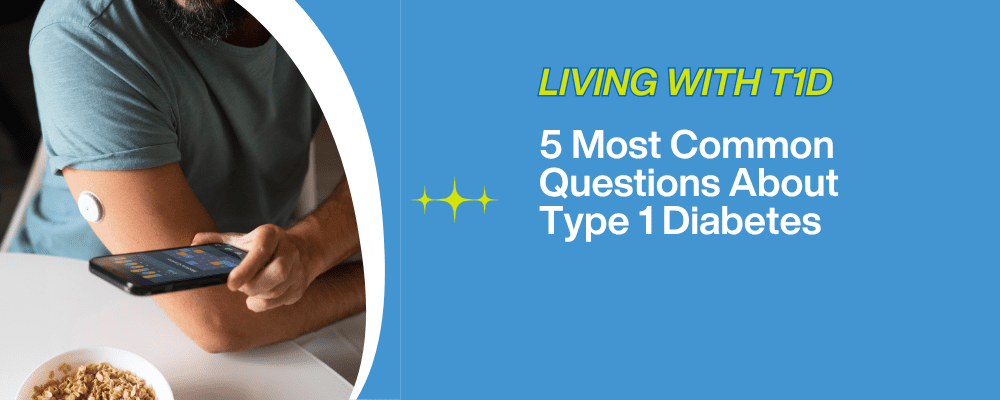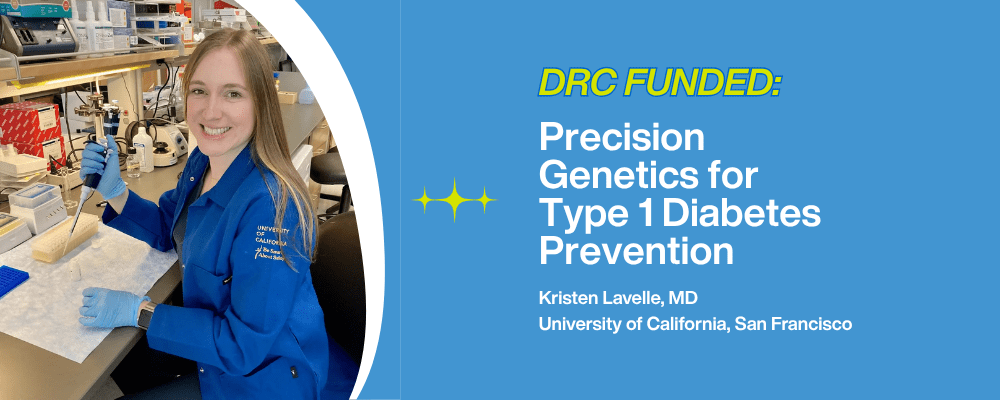Managing type 1 diabetes (T1D) can be challenging for anyone, but it can be especially difficult for parents of young children with the disease. They must carefully monitor their child’s diet and activity while regularly checking blood glucose levels. A recent study has found that those children who receive preprandial insulin and eat on a regular schedule tend to have improved HbA1c levels.
Researchers analyzed data from 22 Australian children age seven or younger. Their parents tracked the exact amounts and types of food and beverages offered and consumed by their children over a three-day period. They also answered 16 questions regarding mealtime routines and their child’s eating patterns, such as whether they grazed throughout the day or had set snack times and meal times. In addition, it asked about use of preprandial insulin.
The study found that 95% of children used preprandial insulin, and all children ate at least three meals per day. For 81% of children, their parent determined when they were offered food, but the other 19% followed child-led eating patterns. While there was no direct correlation between carbohydrate, protein, or fat intake on HbA1c, researchers did note that HbA1c levels were lower in those children who ate at regular mealtimes as opposed to grazing throughout the day.
Another interesting note was that the children with T1D ate similar diets as those children without the disease. Furthermore, none of the children in the study met the daily recommended vegetable intake, and only 28% ate recommended amounts of lean meats and protein. Additional research is necessary to evaluate the impact of diet quality on diabetes management.
It is these types of studies that provide further insight into improving management of type 1 diabetes. The Diabetes Research Connection (DRC) provides early career scientists with up to $75K in funding to support peer-reviewed, novel research studies focused on prevention, treatment, and management of type 1 diabetes as well as working toward a cure. To learn more and donate to current projects, visit http://diabetesresearchconnection.org.




